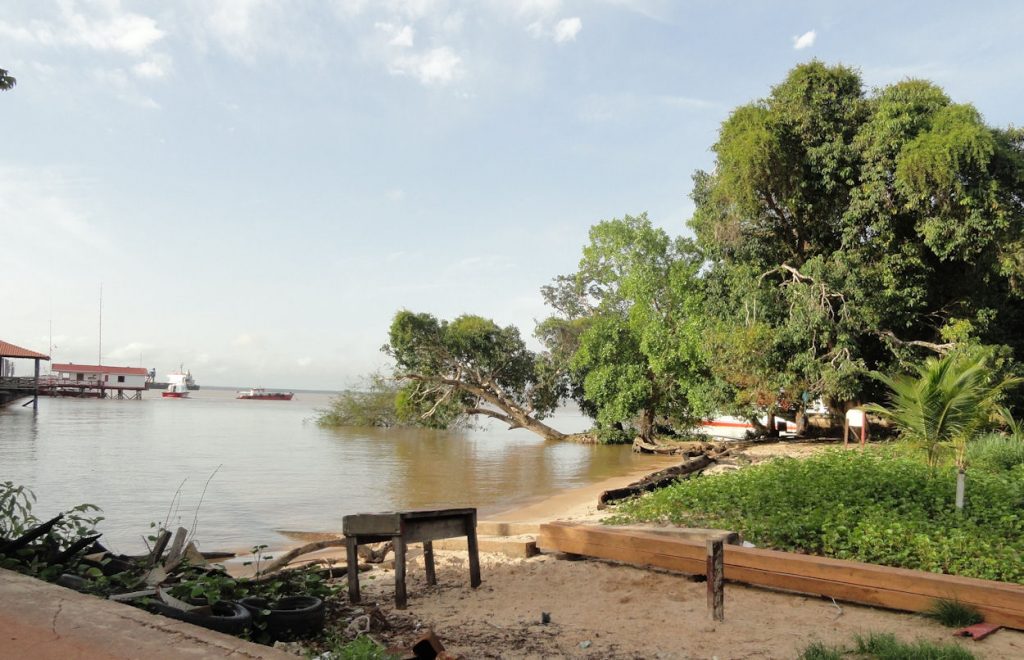
It is often not the person who you touch but the person touched by that person who really makes the difference. This I noticed when we talked to a guy at a reception at our political counselor’s house last night. He had not been on one of our programs but had a close friend who had been. This friend visited reconciliation meetings in Manhattan as part of a Voluntary Visitor tour.
He told us that he did not get the idea from us – reconciliation meetings are an old idea after all – but knowing that such a model was working so well in the U.S. inspired him to go ahead with his push for an expansion of the reconciliation system in Brazil.
As background he told us that the general idea of a meeting of reconciliation had been around during the time of the Empire in Brazil, but had largely been abandoned with the advent of the republic, when many were animated by Positivist ideas of clear regulation applied everywhere the same. Results of a reconciliation meeting are more like common law. They are agreements among parties and specifically do not require the close exercise of specific rules.
Brazilians like to make laws, he commented tangentially, but sometimes don’t think enough of how these laws will be implemented. For example, he joked that he would not be surprised if there was a law against floods. This sometimes overweening love of rules, even if they won’t be followed, impedes sometimes messy but effective institutions such as reconciliation meetings.
These bodies are specifically NOT courts; a judge is not involved in the actual sessions. A judge can legally sign (and enforce) an agreement that comes out of the reconciliation session, but does not intervene in the formation of the agreement itself.
He admits that the meetings are not uniform throughout Brazil and that there is significant resistance by lawyers and judges. Some of this is principled – they don’t think justice is properly served, but some is probably just that they see the meetings as eroding their privileged position. Many people prefer the alternative to the court system, which is very slow and can be very expensive to use.
When somebody used the term arbitration, our friend pointed out that this was specifically not what the reconciliation meetings were doing. Arbitration, he thought, would not fit in well with Brazilian cultural norms. They either decide by themselves or go to the judge. Judges are involved in the reconciliation meetings, however. They record the agreement which becomes legally enforceable as a contract.
We have been sending IVLP and VV groups of Brazilian lawyers and jurist to the U.S. for some time and it seems to have a positive effect. Brazil’s legal system is based mostly in code law and so resembles continental Europe much more than a country like the U.S. which leans on common law. However many commercial and regulatory rules are based on similar principles in our countries. We can learn from each other.
Another guest at the party gave me the two minute version of Brazilian legal history. Brazil started off as a code law country, with Continental European style laws with roots in the Napoleonic or even the Justinian codes. But in the late 19th and early 20th Centuries, Brazilian elites were fascinated by the U.S. experience. They thought that they could learn from the other large republic in the Americas. So some Brazilian legal practice acquired an American accent. He mentioned specifically Ruy Barbosa. This is a name I knew from streets named after him, but I learned that he was a great figure in Brazilian political, legal and literary circles. I was a little embarrassed not to know more. He is certainly someone I should get to know better.
My picture is unrelated to the story. It is left over from my recent trip and shows a dock on the Amazon.
